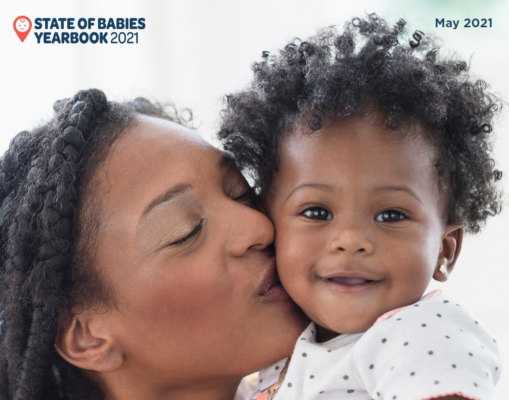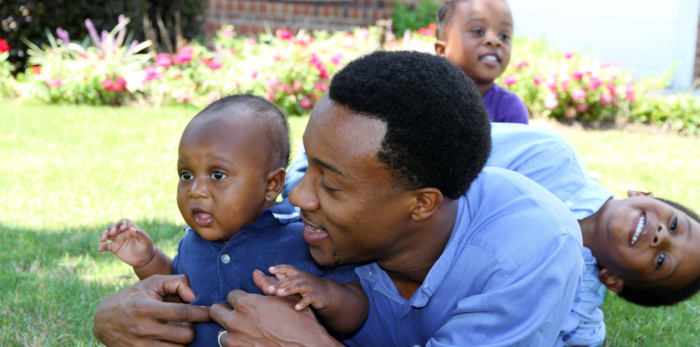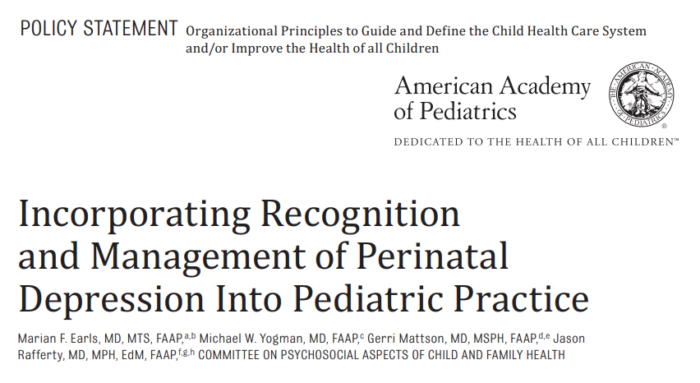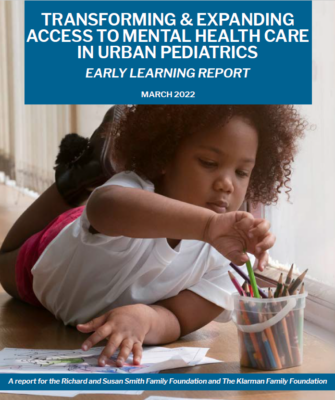Advancing Infant and Early Childhood Mental Health: The Integration of DC:0-5™ Into State Policy and Systems

Accurate identification of a mental health disorder for a young child is only possible with a developmentally appropriate diagnostic classification system. In this article, the authors explore how states are integrating an age-appropriate diagnostic classification – the DC:0-5™: Diagnostic Classification of Mental Health and Developmental Disorders of Infancy and Early Childhood – into state policy and systems. Published by ZERO TO THREE in December 2016, DC:0-5™ is a tool used by clinicians to accurately diagnose and classify infant and early childhood mental health (IECMH) disorders. The article discusses why and how states are integrating DC:0-5™ into state policy and systems; provides state examples to highlight some of the strategies that states have used to allow, promote, or require the use of DC:0-5™; and provides recommendations for further improvements in state infant and early childhood mental health (IECMH) policy and practice.
Infant and early childhood mental health (IECMH) is the developing capacity of the child from birth to 5 years old to form close and secure adult and peer relationships; experience, manage, and express a full range of emotions; and explore the environment and learn – all in the context of family, culture, and community.

Infant and early childhood mental health (IECMH) is the developing capacity of the child from birth to 5 years old to form close and secure adult and peer relationships; experience, manage, and express a full range of emotions; and explore the environment and learn – all in the context of family, culture, and community. IECMH, also known as healthy social and emotional development, is the cornerstone of early brain development, providing the foundation upon which all future development rests. Babies who engage with responsive, consistent, and nurturing caregivers are more likely to have strong emotional health throughout life.
DC:0-5™ is an important tool for clinicians, researchers, and early childhood professionals. Prior to 1994, the early childhood field lacked any widely accepted system to classify mental health and developmental disorders for infants and toddlers. Since the publication of the first Diagnostic Classification of Mental Health and Developmental Disorders of Infancy and Early Childhood, much progress has been made to describe and categorize – through research and empirical evidence – mental health disorders specific to infants and toddlers. DC:0-5™ also provides a common language that allows individuals across disciplines – including mental health clinicians, counselors, physicians, nurses, early interventionists, social workers, and researchers – to communicate accurately and efficiently with each other.







